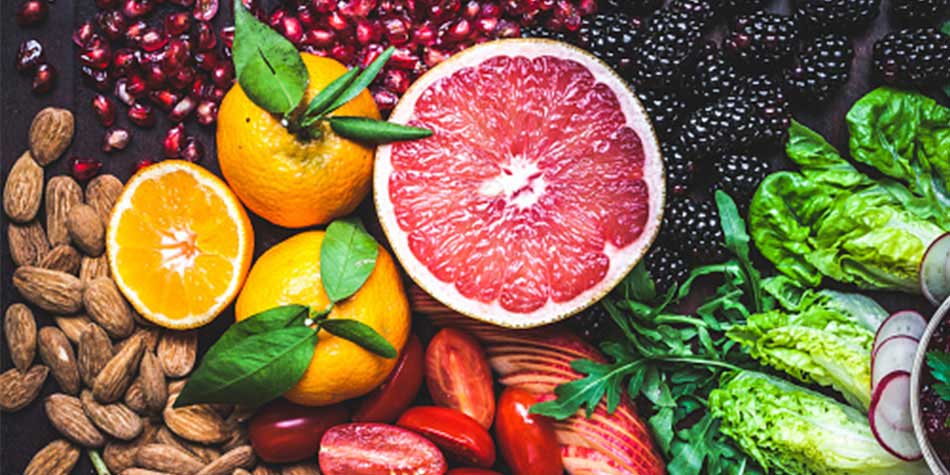
There has been a drastic change in the food consumption habits of typical Americans in the last 50 years. According to the U.S. Department of Health and Human Services, the typical American eats less than the recommended amounts of vegetables, fruits, whole-grains, dairy products, and oils. In fact, the typical American diet exceeds the recommended intake levels or limits of calories from solid fast, added sugars, refined grains, sodium, and saturated fat.
It’s important to keep a healthy, well-balanced diet for your body to be at its best and steer you away from critical complications later in life, especially those who have been diagnosed with cancer. Eating the right kinds of foods before, during, and after treatment can help you feel better and stay stronger.
To help those diagnosed with cancer keep a balanced diet, MountainView Hospital offers Eating Well with Cancer, a free community class led by MountainView registered dietitians. The class will give attendees the knowledge of nutrition and the vital role it plays in your overall health, well-being and management of your condition, during and after treatment.
“Your diet is an important part of your treatment for cancer,” says Kristina LaBouff, Registered Dietician at MountainView Hospital. “For everyone, a nutritious diet is always vital for your body to work at its best and even more so important for people with cancer.”
A good rule to follow is to eat a variety of different foods every day because no one food or food group contains all of the necessary nutrients. A diet to keep your body strong includes daily servings of fruits and vegetables, proteins, grains, and dairy products.
Cancer treatments come in different forms. They can vary from surgery, radiation therapy, chemotherapy and immunotherapy- all of which are very powerful. Side effects from cancer treatment can vary from patient to patient, and may oftentimes influence your eating habits.
“Patients experience loss of appetite, nausea, vomiting, diarrhea, constipation, mouth sores and taste alterations or food aversions,” explains LaBouff. “To help fight these side effects, I encourage patients to be open to suggestions your doctor or dietitian may have for you. Get loved ones involved in your meal planning and food preparation.”
National Cancer Institute states that in 2018, an estimated 1,735,350 new cases of cancer will be diagnosed in the United States. Due to the yearly growth in cancer diagnoses, our staff at MountainView Hospital has created a new free, community class to help guide and be a resource to patients with cancer as well as their family and friends.
“After the class, I hope people will feel more at ease about the nutrition component of their treatment and have the resources and knowledge they need to continue eating healthy to feel the best they can during their journey with cancer,” says LaBouff.
Being diagnosed with cancer and going through treatment is an uphill battle and we want to support you in every way that we can.
For more information or to register, call (702) 962-5021.
$webqFacilityNumber
Need a Physician?